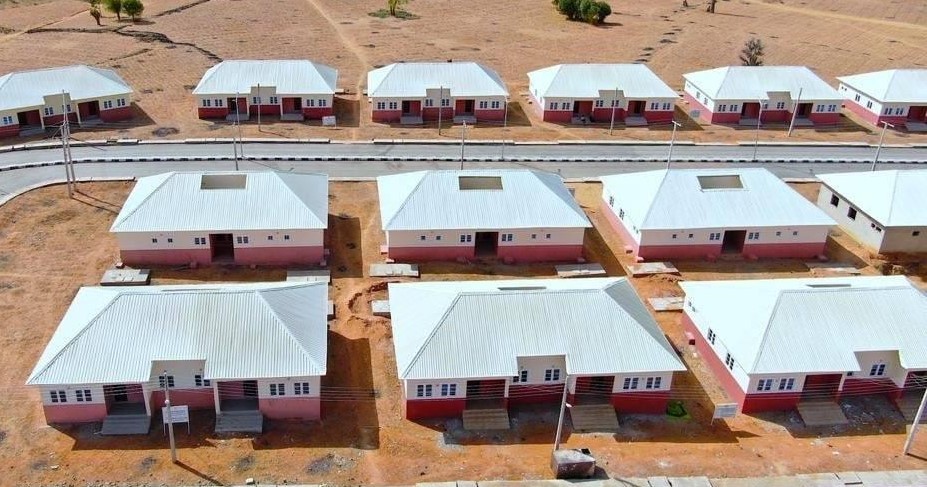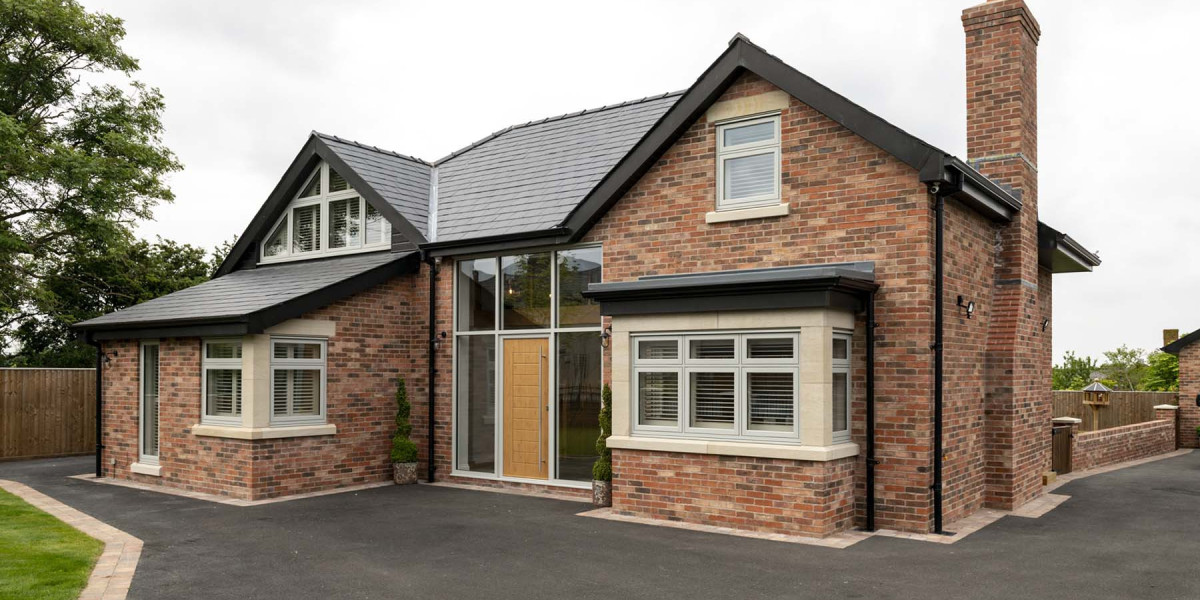
In a sale-leaseback (or sale and leaseback), a company offers its industrial genuine estate to an investor for cash and all at once participates in a long-lasting lease with the new residential or commercial property owner. In doing so, the business extracts 100% of the residential or commercial property's value and transforms an otherwise illiquid asset into working capital, while maintaining complete functional control of the facility. This is a terrific capital tool for companies not in business of owning realty, as their realty assets represent a considerable money value that could be redeployed into higher-earning sectors of their company to support development.

What Are the Benefits?

Sale-leasebacks are an attractive capital raising tool for numerous business and offer an option to standard bank financing. Whether a business is wanting to purchase R&D, broaden into a new market, fund an M&A transaction, or just de-lever, sale-leasebacks serve as a strategic capital allocation tool to fund both internal and external growth in all market conditions.
Key Benefits Include:
- Immediate access to capital to reinvest in core company operations and growth initiatives with greater equity returns.
- 100% market price awareness of otherwise illiquid properties compared to financial obligation alternatives.
- Alternative capital source when conventional funding is unavailable or limited.
- Ability to maintain functional control of genuine estate with no disturbance to daily operations.
- Potential to get a long-lasting partner with the capital to money future growths, developing restorations, energy retrofits and more.
Who Qualifies for a Sale-Leaseback?
There are a number of factors that figure out whether a sale-leaseback is the ideal fit for a company. To be qualified, business need to fulfill the following criteria:
Own Their Real Estate
The first and most obvious requirement for certification is that the business owns its property or have an option to purchase any existing leased area. Manufacturing facilities, business head offices, retail areas, and other forms of property can be possible candidates for a sale-leaseback. Unlocking the value of these locations and redeploying that capital into greater yielding parts of business is a key motorist for business pursuing sale-leasebacks.
Want to Commit to Operating in the Space
While the term of the lease in a sale-leaseback can differ, many financiers will want a commitment from a future tenant to inhabit the space for a 10+ year term. Assets important to a business's operations are typically excellent candidates for a sale-leaseback because a company is ready to sign a long-term lease for those places. This makes it a more appealing investment for sale-leaseback financiers as they have more security that the occupant will remain in the center for the long term.
Have a Strong Credit Profile
Companies do not need to be investment-grade quality to pursue a sale-leaseback. However, some credit rating is generally needed so the sale-leaseback financier knows that the company can make rental payments throughout the lease. Sub-investment-grade services are still eligible as long as they have a strong performance history of profits and cashflow from which to judge their creditworthiness; however, they may need to discover a financier who has the underwriting abilities to assess their company. Minimum revenue and success requirements will differ based firm to firm, so it's best to inquire about this upfront before engaging with any specific sale-leaseback partner.

Qualities to Search for in a Sale-leaseback Investor
When thinking about a sale-leaseback, finding the right buyer is vital in order to make sure a business is optimizing the worth of their real estate. Here are a few of the key qualities to search for in a sale-leaseback investor.
Experience
A well-informed financier can use more versatility and guide sellers through the process, creating customized offer structures to meet all of a business's unique goals and prevent potential mistakes. Additionally, knowledgeable investors can generally browse all market cycles and offer certainty of close (some in as low as 30 days), ensuring the deal closes in a timeframe that works for the business and their financial requirements.
An All-Equity Buyer
When searching for a sale-leaseback partner, finding an all-equity buyer is crucial, particularly when dealing with timing restrictions. All-equity purchasers do not have to stress over third-party debt or funding contingencies, meaning there's less possibility of a re-trade in the late phases of settlement. All-equity purchasers can also typically close faster as they do not require to wait on approval from banks or loan providers, supplying a smoother process in general.
A Long-Term Real Estate Holder
Finding a long-term financier is vital. Sellers do not desire someone who is just wanting to turn a residential or commercial property for a fast profit. Instead, look for a financier who will stay a committed partner to you over the long run and one that can supply capital for future projects such as expansions, renovations, or energy retrofits.
Diverse Knowledge and Experience
Different markets, residential or commercial property types and locations need special competence to efficiently and successfully partner with sellers to structure an offer that attend to the requirements of all parties. Working with an investor with experience in the company's particular industry, residential or commercial property type and/or nation guarantees that all possible dangers and opportunities are considered before participating in a sale-leaseback arrangement. For instance, if you are thinking about a cross-border, multi-country transaction it's vital you try to find an investor with regional groups in those nations who speak the language and understand the local guidelines.
When looking into a sale-leaseback, another term companies might encounter is a build-to-suit. In a build-to-suit, a business funds and handles the construction of a new facility or growth of an existing one to satisfy the requirements of a potential or existing renter. Upon conclusion, the company gets in into a long-lasting lease, comparable to a sale-leaseback. For companies searching for a new residential or commercial property, this is a great option that needs no in advance capital.
The Main Benefits of Build-to-Suits Include:
- Development of a custom-made center in a location of the business's choice.
- No in advance capital needed, allowing the business to preserve capital for its organization.
- Ability to keep operational control of the facility post building.
- Potential to gain a long-lasting partner with the capital to money future growths, developing renovations, energy retrofits and more.

While sale-leasebacks may appear intimidating for companies who have never ever pursued one, working with a skilled and well-capitalized financier can make the procedure easy. When working with a financier like W. P. Carey, sellers can ensure they are working with a partner that can understand the distinct requirements of their company while having actually the included option of closing in as low as 1 month and the added advantage of getting a long-term partner who can support its renters through flexibility and additional capital must they wish to pursue follow-on projects such as growths or energy retrofits as their business and genuine estate requires progress. In all market conditions, sale-leasebacks are a fantastic financing tool to unlock otherwise illiquid capital that can be reinvested into a business's company to support future development.
Think a sale-leaseback is ideal for your company? Contact our team today!








